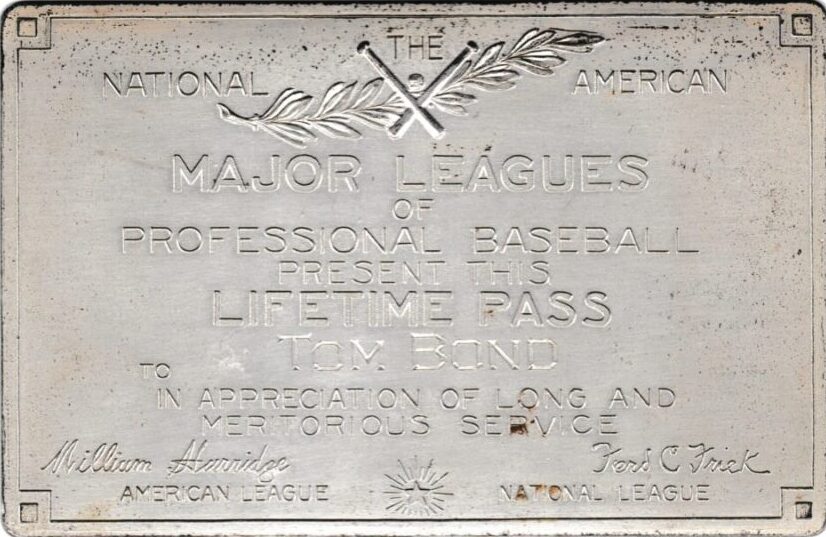
The first Irish-born major leaguer, Tommy Bond left the Emerald Aisle and came to the US in 1862. His family settled in Brooklyn where young Tommy became enamored with the American game of baseball.
By age 18 Bond was in the big leagues playing for his hometown Brooklyn Atlantics of the National Association. Bond played ten seasons in the majors. Many believe he had a career worthy of induction into the Baseball Hall of Fame.
Bond won 20 or more games in six seasons, 30 or more in four seasons, and 40 or more in three straight seasons. In 1877 Bond earned the first pitching triple crown in baseball history. He won 40 games with a 2.11 ERA and 170 strikeouts.
That started a three-year run in which he won 123 games against 55 losses while tossing 174 complete games. He pitched 1,609 innings, posted a 2.04 ERA, and struck out 503 while issuing only 93 walks. From 1877-1879, Bond was quite simply the best pitcher in the game.
He remains the only hurler to record three-consecutive 40-win seasons in National League history. That’s saying something for a league founded in 1876.
Bond’s career compares nicely with men who have their plaques in Cooperstown. By the time his 10-year playing career ended, Bond tallied 234 wins and average of more than 23 per season. His 2.14 ERA is surpassed by only six Hall of Fame pitchers.
Some point to the brevity of his 10-year career. Perhaps a better lens is through inning pitched. According to Baseball Reference’s Hall of Fame pitching register, Bond’s 3,628 2/3 innings pitched would put him 40th among the 87 Cooperstown hurlers.
His win total is better than 33 men already inducted. Bond ranks in baseball’s top 20 all time in WHIP and complete games and is second in both walks per nine innings, and strikeout-to-walk ratio. Bond also played 92 games in the outfield and another 11 in the infield.
In the collection is Tommy Bond’s sterling silver lifetime pass to all big league games. CooperstownExpert.com is home to perhaps the largest private collection of lifetime passes. More can be seen by clicking here.
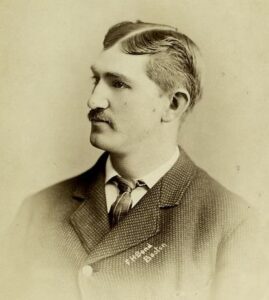
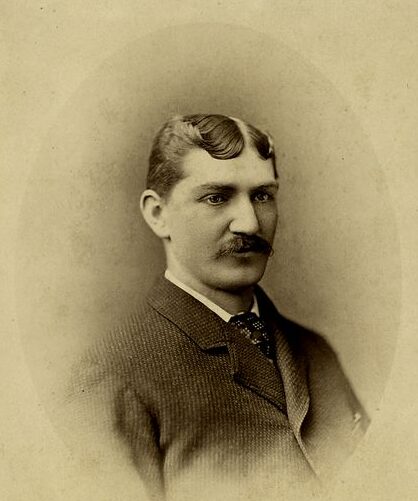

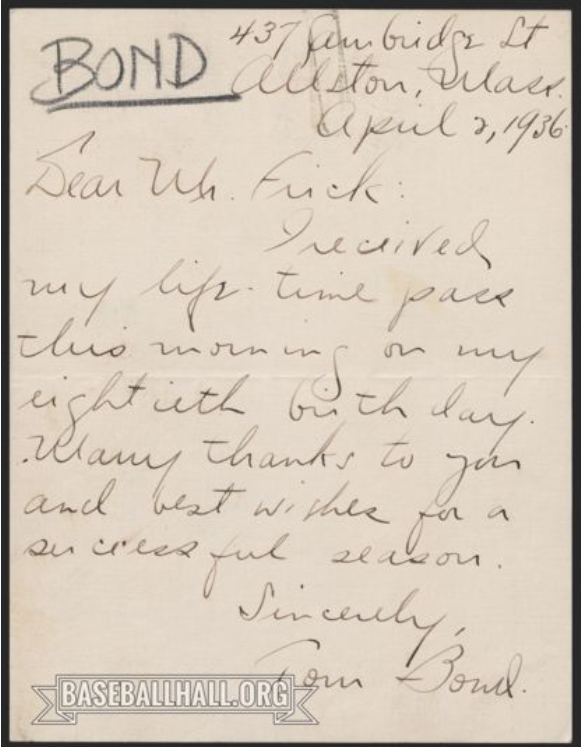
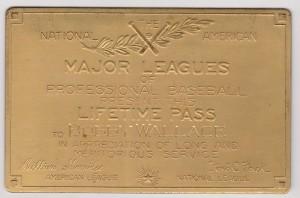
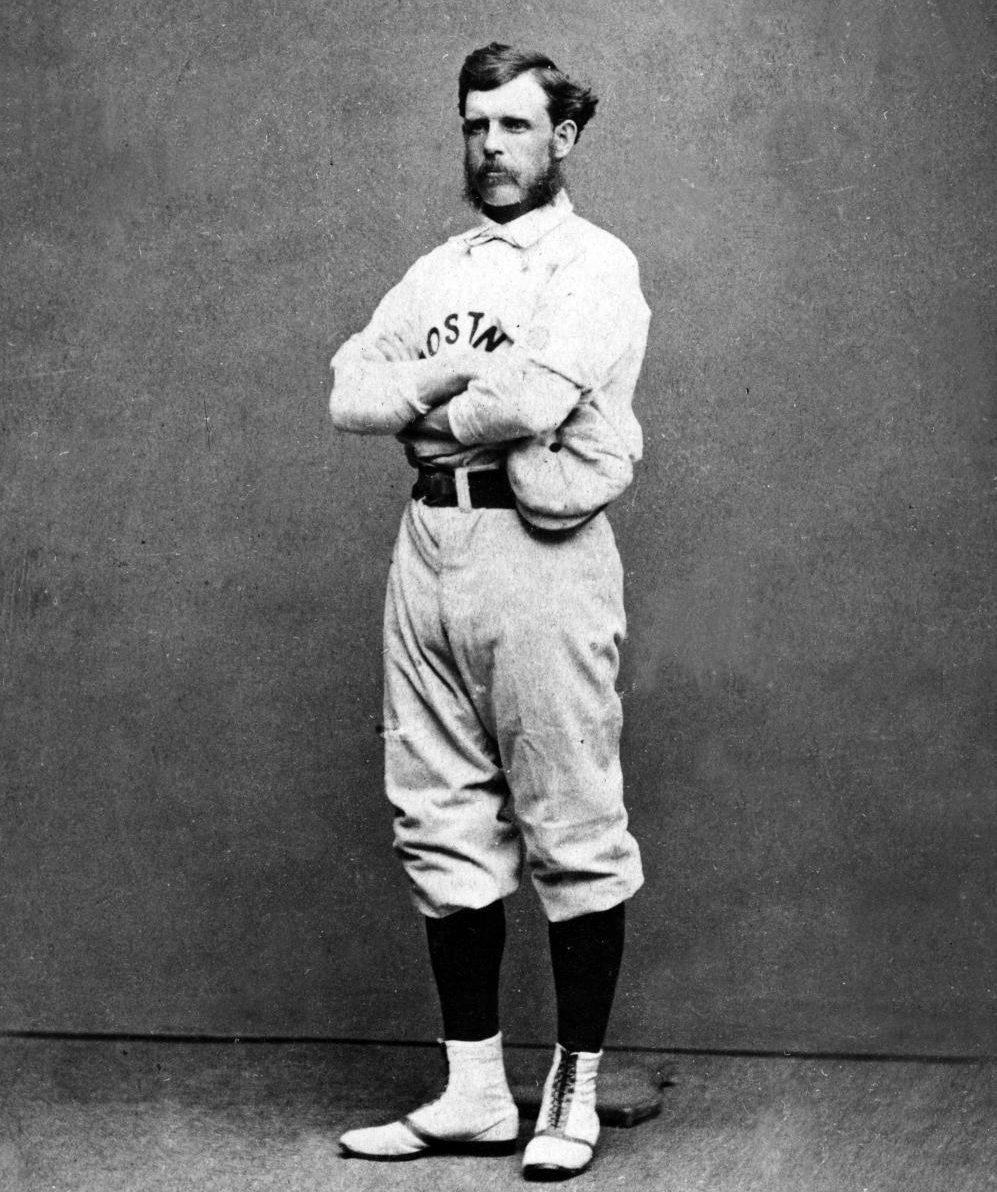
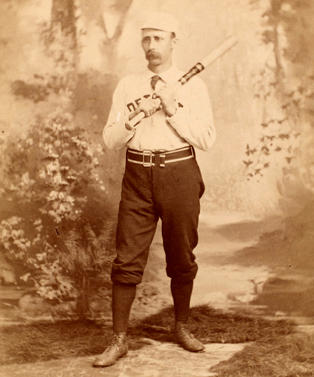
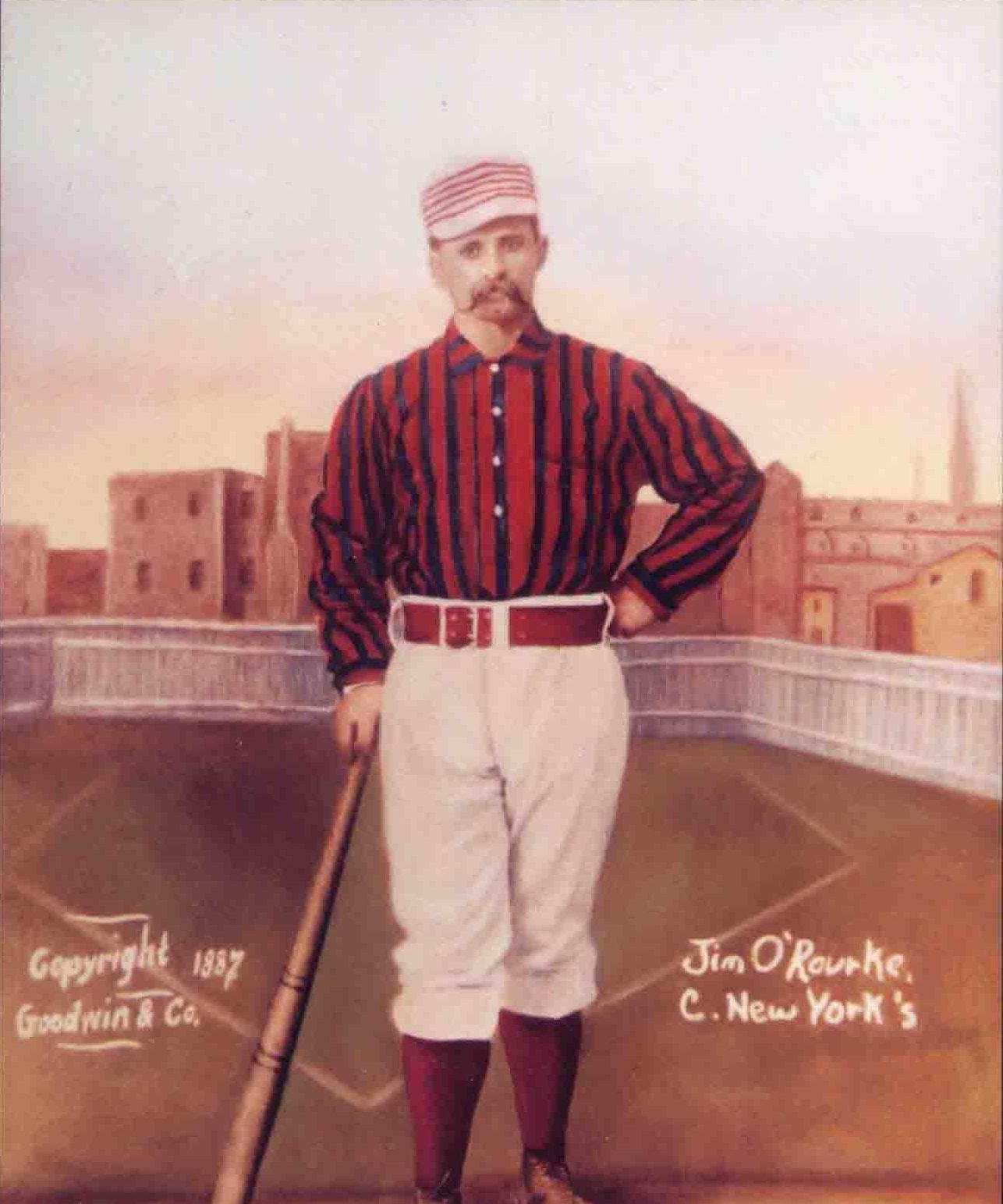
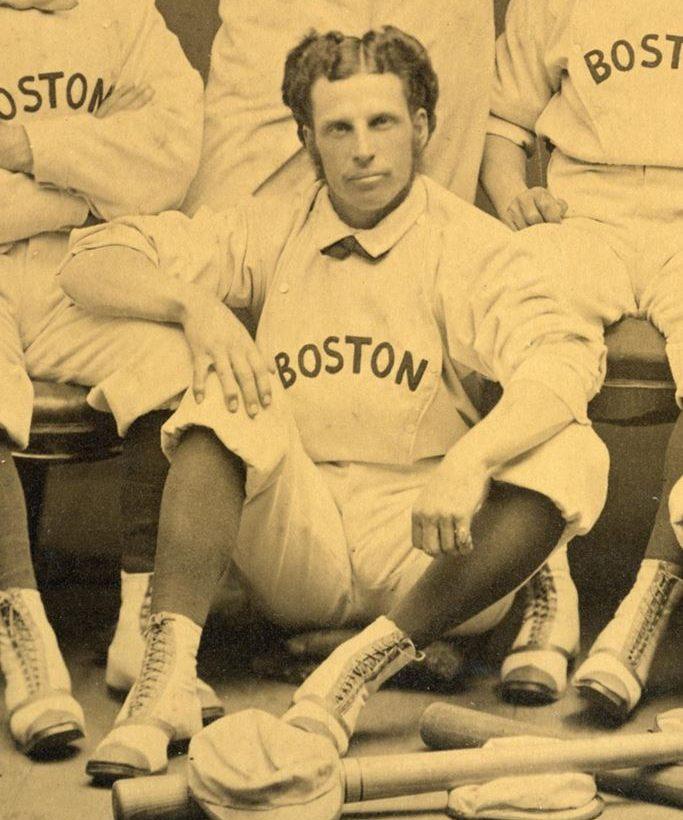
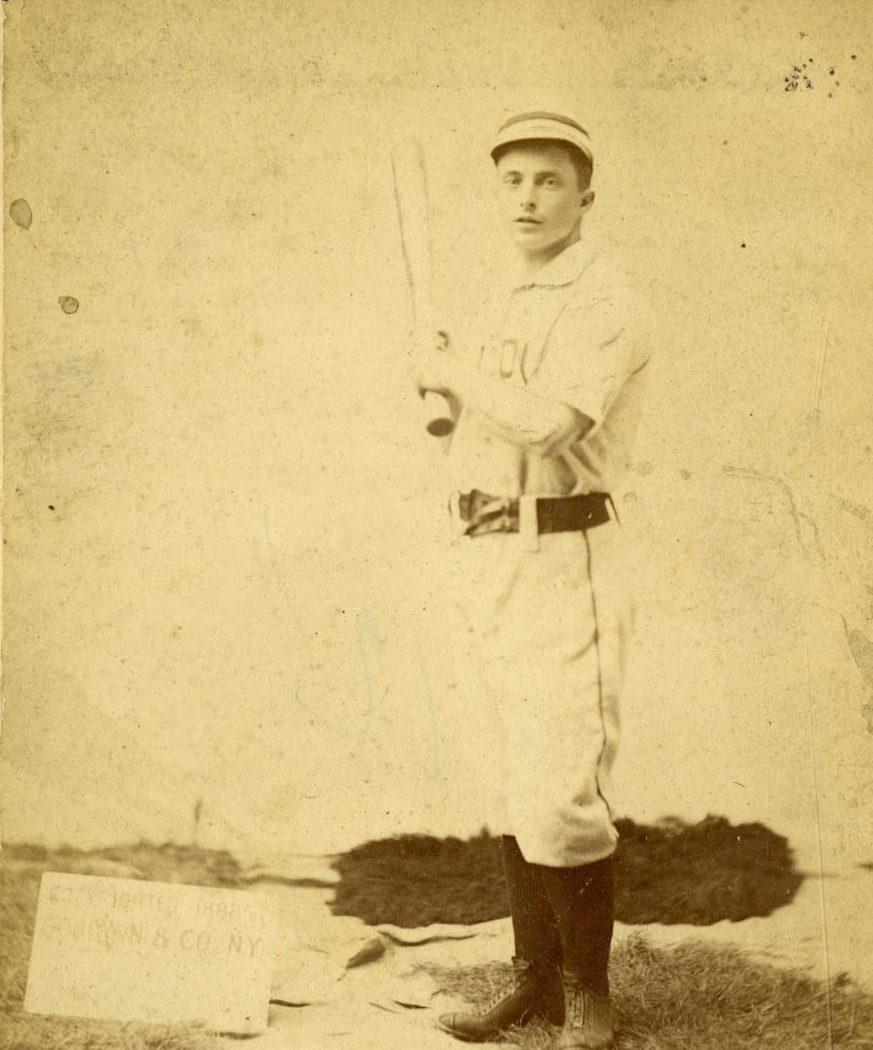
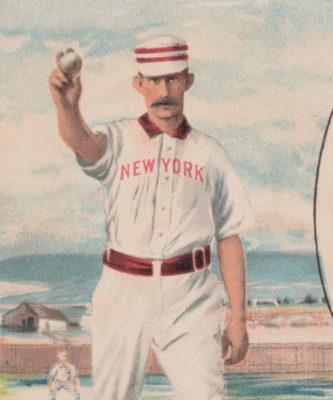
He won the first pitching Triple Crown in MLB history. Put him in the Hall of Fame!